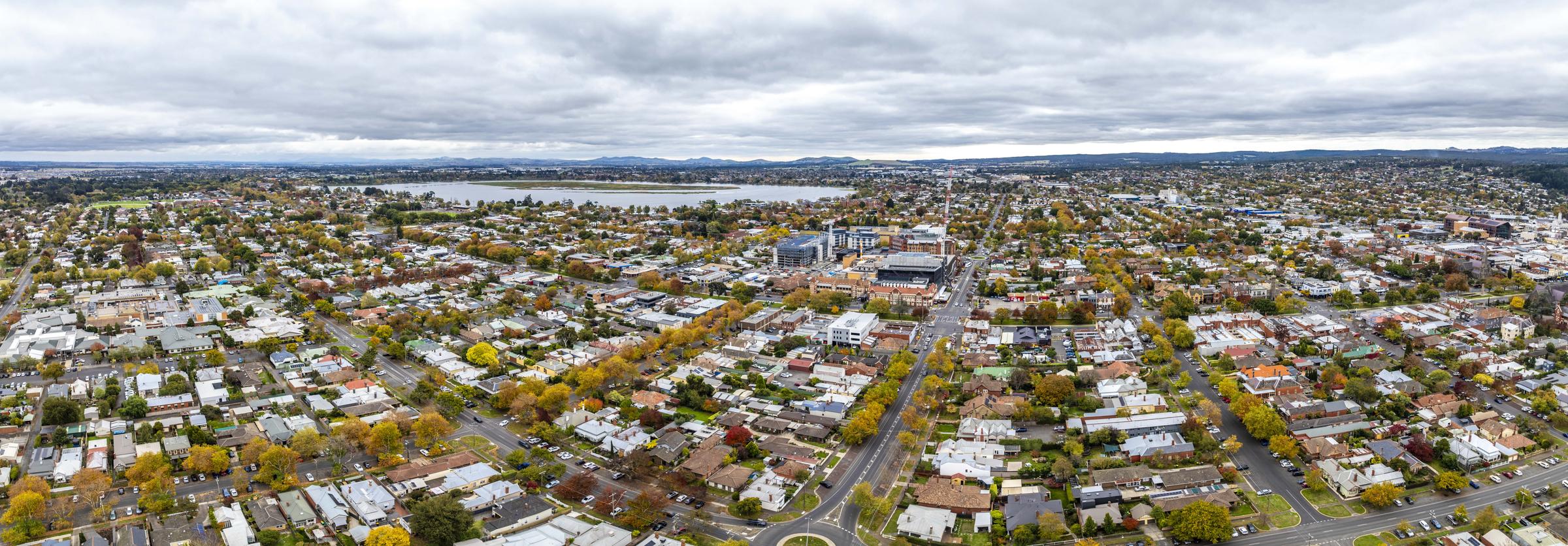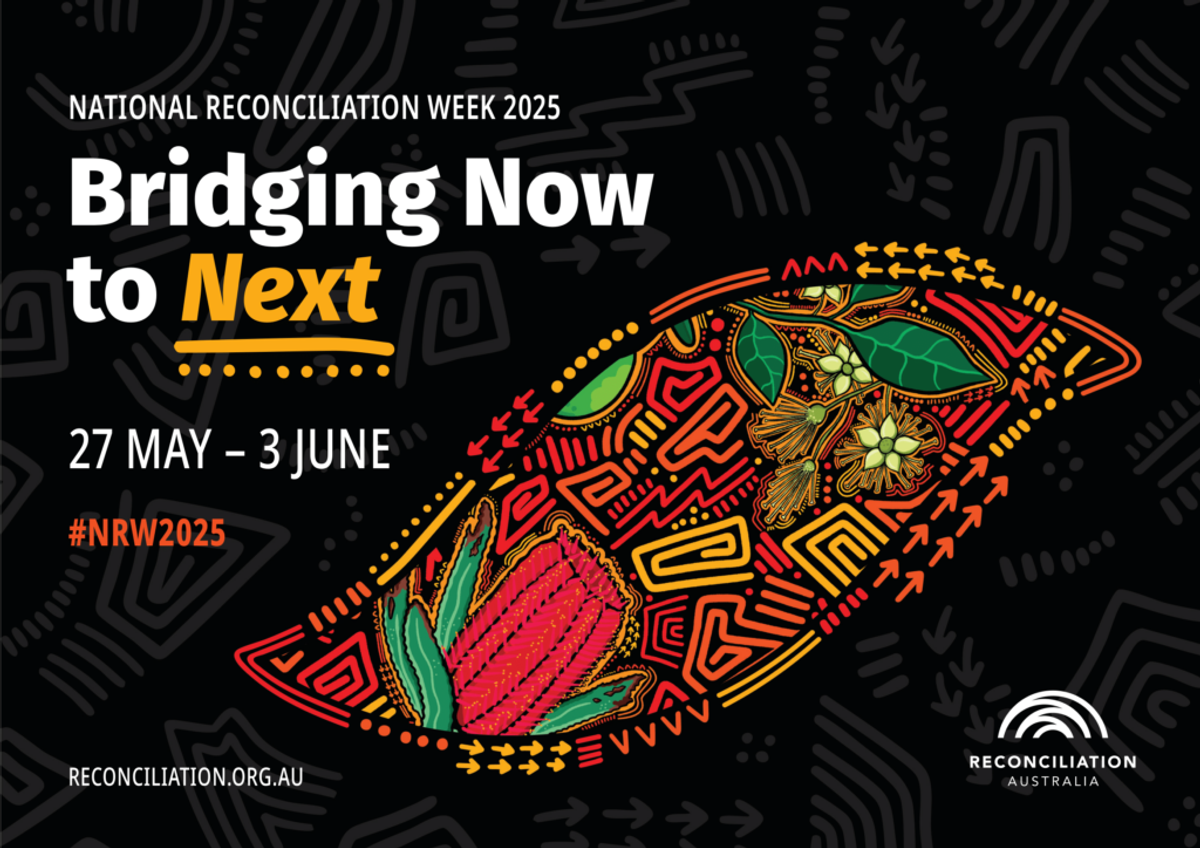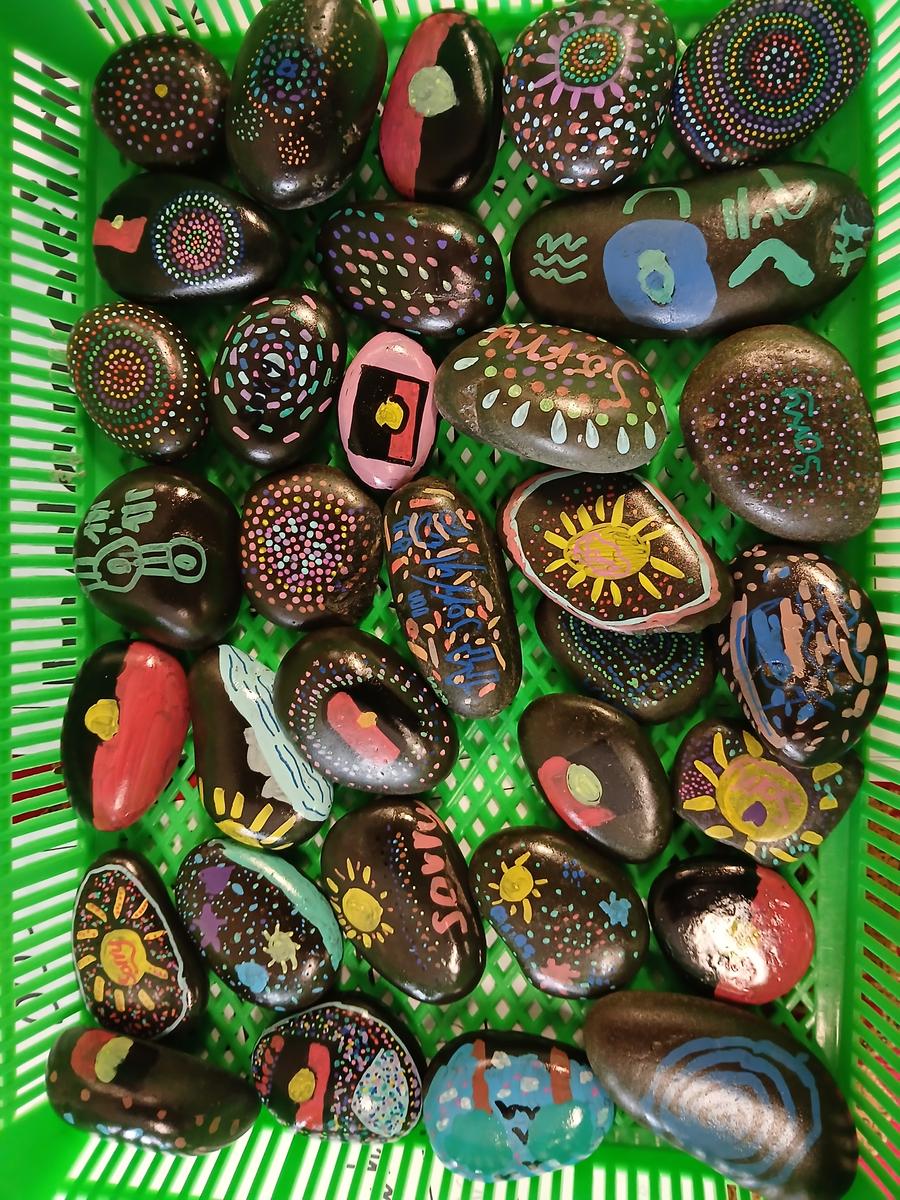From the Principal

Dear Families,
This week is Catholic Education Week. It is a time to reflect upon the ways we come together in faith, gratitude and celebration. From 'Whole School Prayer' services to student-led initiatives, community events, and classroom activities- every celebration reflects the values that bind us: faith, excellence, compassion, and service.
The following pages of our newsletter provide examples of some of the ways these values are evident at our school.
Reconciliation Week
This week, our school community has reflected upon National Reconciliation Week 2025. The theme, "Bridging Now to Next," invites us to reflect on the journey of reconciliation—where we are now, and where we are called to go together.
Living and learning on Waddawurrung Country, we are reminded daily of the enduring connection the Waddawurrung people have to this land—always was, always will be Aboriginal land. We give thanks for their care of Country, culture, and community, and we recognise the responsibility we share in carrying that story forward.
As a Catholic school, our mission is grounded in the Gospel values of justice, peace, and love. Jesus showed us how to listen deeply, to stand with those who have been wronged, and to build hope for the future. Reconciliation asks this of us too: to hear the truth of our shared history, to walk gently together now, and to take bold steps into a future shaped by respect and equity.
Throughout the week, students engaged with stories, prayer, art, and reflection.
Journey stones, organised by Bu Ferguson, and created by many of our students this week, contain meaningful phrases, words or images that remind us about Australia’s ongoing journey and commitment towards reconciliation. These stones will be added to our Indigenous Garden on Errard St.
“Bridging Now to Next” calls us to action. It asks each of us: What kind of future do we want to help build? One where all voices are heard. One where First Nations peoples are honoured. One where our steps forward are taken together.
May we continue to walk the path of reconciliation—not just this week, but every week—with faith, with hope, and with love.
Influenza A
Influenza A has been the cause of a number of absences this week.
Symptoms may include cough, headache, muscle pain, lethargy, runny nose, sneezing, coughing and sore throat.
Most symptoms resolve within 2 to 7 days, although the cough may persist for longer.
The Victorian Dept of Health recommends 'Exclusion from school until symptoms resolve'.
Learning and Teaching
Decodable readers
Soon, students in the junior area will begin bringing home decodable readers. These books are designed to give students the chance to practise the skills they have learned at school and support their growing knowledge of letter-sound relationships. They also help children sound out words, read tricky words, and build vocabulary with confidence.
Tips for reading together
Set a Routine
Create a calm, regular time each day for reading - after dinner, before bed, or after school.
Look at the cover together
Talk about the pictures, and make predictions about the story before starting. Read the title aloud. Ask your child questions.
Encourage Finger Pointing
For early readers, pointing to each word helps with one-to-one correspondence.
Let Them Try First
Give your child time to sound out words before jumping in. Prompt gently if needed (e.g., “What sound does that letter make?”).
Use the Pictures for Support
Teach them to look at the illustrations to help figure out tricky words or understand the story better.
Reread Familiar Books
Repetition builds fluency and confidence. Encourage rereading books they’ve already read. Rereading helps your child develop fluency and read with better expression.
Celebrate Small Successes
Praise effort, not just correctness. Say things like, “I love how you tried to sound that out.”
Talk About the Book
After reading, ask simple questions: “What happened?” “What was your favourite
Winter School Uniform (Term 2 & 3)
A reminder that all students should now be in full winter uniform. If, for any reason, your child is not in full winter uniform, please email their classroom teacher to let them know. I understand that some students may still be waiting for certain pieces, and I thank you for keeping us informed.
A Survey will be sent to families over the weekend regarding our current uniform. Your input will be greatly appreciated.
SchoolTV
This week on SchoolTV you will find a focus topic on school refusal.
“School refusal is a complex issue as there’s rarely a single cause. It may be linked to separation anxiety, worries about leaving home, a phobia, depression, social problems or learning difficulties. It can start gradually or happen suddenly.”
Dr Michael Carr-Gregg
"Though many children will refuse to go to school at some stage in their lives, school refusal is very different to truancy. It is a more serious condition than separation anxiety and often stems from a child’s anxiety about school. They may be worried about their school work, interacting with other kids, dealing with teachers, playing sports or being away from family. School refusal is a behaviour that can also be accompanied by sadness or depression, physical symptoms and social isolation. This condition is equally common amongst boys and girls, from all socioeconomic groups and across both primary and secondary levels."
Click on the link below to access a wealth of videos, articles, and resources on the aforementioned topics.
All Editions | St Patrick's School - Ballarat (schooltv.me)
Kind regards,
Thea Hubble - for Ben Shields.







